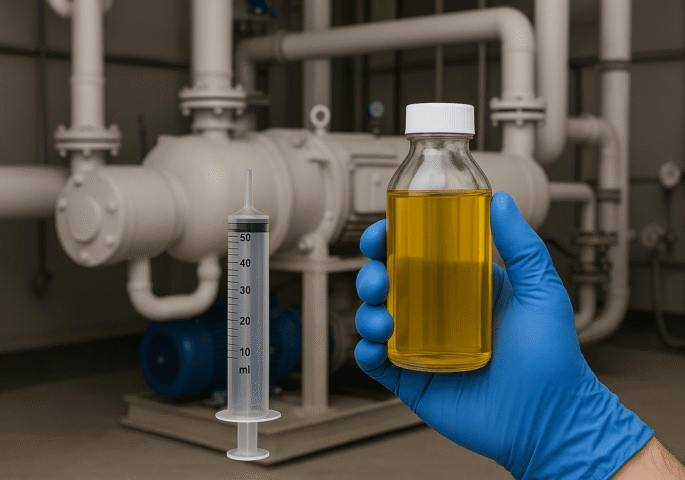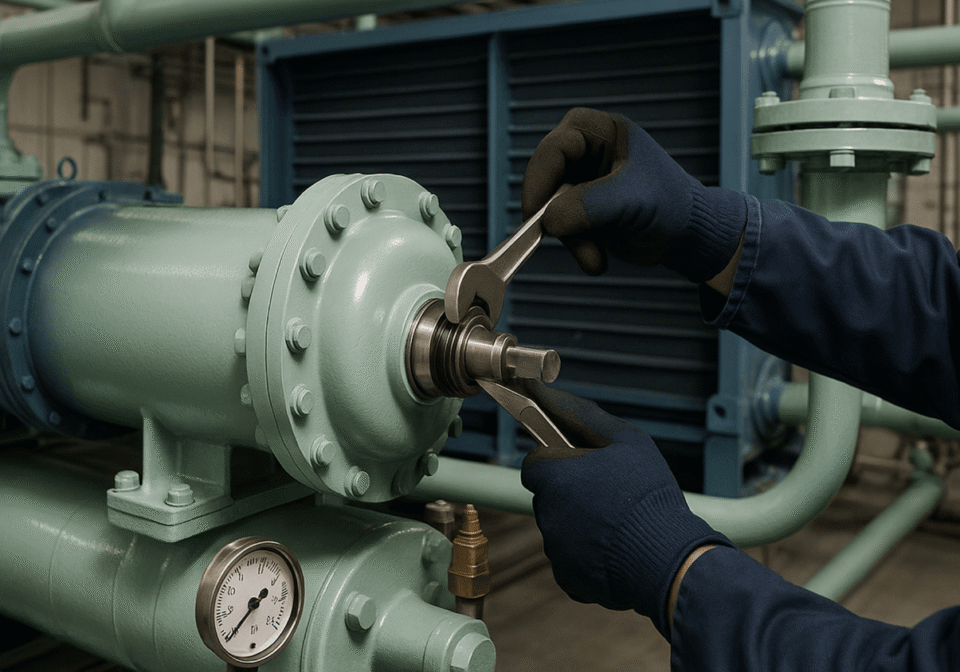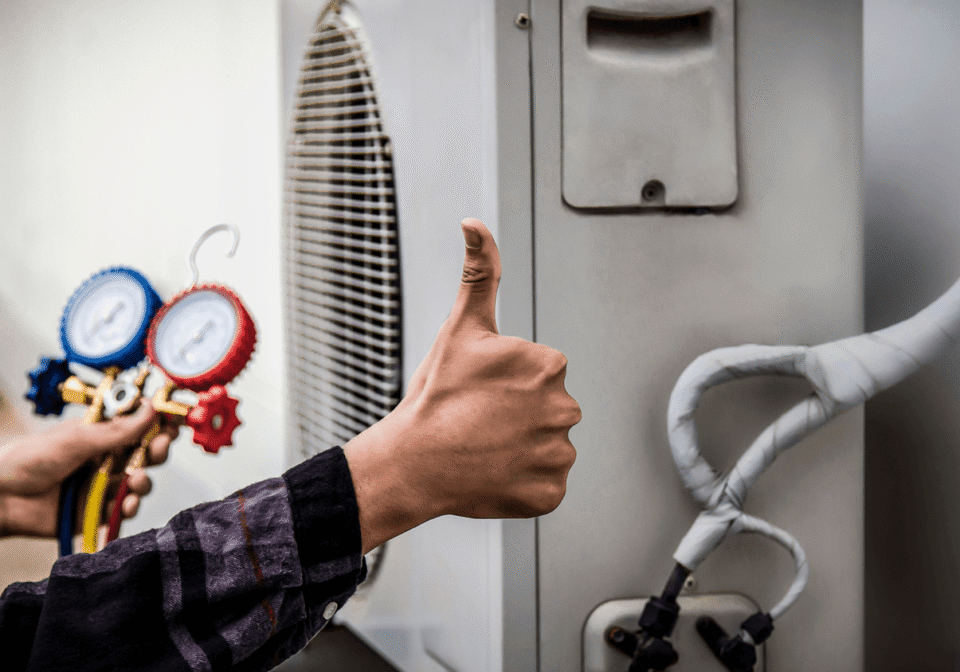Routine oil sampling is one of the most critical yet overlooked practices in maintaining a safe, efficient, and reliable ammonia refrigeration system. Many facility managers focus on visible equipment like compressors and condensers, but forget that the oil inside the system acts as an early warning signal for hidden problems.
Without regular oil sampling, small issues, such as moisture infiltration, acid buildup, or wear metal contamination, can silently grow into major failures. Over time, these contaminants compromise system efficiency, damage key components, and increase the risk of unexpected downtime or safety hazards.
Why Oil Sampling Is Critical to System Health
Oil in an ammonia refrigeration system does far more than lubricate moving parts. It plays an integral role in maintaining compressor performance, facilitating heat transfer, and protecting critical components from friction and wear. But as the system operates, the oil absorbs contaminants from internal processes and environmental exposure.
If left unchecked, these contaminants can:
- Accelerate compressor wear and lead to premature mechanical failure
- Decrease heat exchanger efficiency by depositing a film on internal surfaces
- Increase operating temperatures and energy consumption
- Promote chemical reactions that degrade seals, gaskets, and other components
- Create safety hazards if ammonia and oil mix improperly under pressure
- Void equipment warranties due to neglected maintenance documentation
Routine oil analysis allows operators to detect these threats early, make proactive maintenance decisions, and avoid costly repairs or shutdowns. It serves as a “health check” for your ammonia refrigeration system, providing valuable insight into what’s happening inside parts you can’t easily see.
How Often Should You Perform Oil Sampling?
The frequency of oil sampling depends on system load, age, and criticality. Each sample should be documented carefully, noting the sampling location, method used, and operating conditions at the time of collection. This documentation helps track system trends and supports compliance with regulatory and warranty requirements.
Best practices recommend:
- Quarterly sampling for standard industrial operations
- Monthly sampling for high-demand systems or facilities with prior contamination issues
- Immediately after major maintenance, such as compressor rebuilds, shaft seal replacements, or system flushes
- Whenever performance changes occur, such as increased head pressure, abnormal compressor noise, or reduced cooling capacity
The Hidden Costs of Skipping Oil Sampling
When oil sampling is neglected, the consequences aren’t always immediate, but they’re costly. Investing a small amount of time and resources in oil analysis can prevent these large, avoidable expenses.
A contaminated oil supply can silently cause:
- Loss of compressor efficiency and cooling capacity
- Unplanned equipment failures leading to production downtime
- Higher energy bills due to increased compressor workload
- Emergency maintenance expenses that exceed planned maintenance costs
- Regulatory penalties for safety or environmental compliance violations
How Oil Sampling Supports Compliance and Reliability
Regulatory bodies like OSHA and EPA emphasize mechanical integrity and preventative maintenance in ammonia refrigeration systems. Routine oil analysis not only supports compliance with these standards but also provides evidence of due diligence during inspections.
Equipment manufacturers may also require documented oil sampling and analysis as part of warranty validation. Skipping this simple step could risk voiding equipment coverage if a failure occurs.
Protect Your System with Routine Oil Sampling
Oil sampling is a low-cost, high-impact maintenance practice that delivers actionable insight into your ammonia refrigeration system’s health. By regularly testing and analyzing oil, operators can detect early signs of contamination, identify wear patterns, and make informed maintenance decisions before small problems escalate into system-wide failures.
Whether managing a single facility or multiple industrial operations, oil sampling should be a non-negotiable part of your preventative maintenance program. It’s an investment in safety, efficiency, and long-term equipment reliability.
Want to build a stronger maintenance plan or train your team on best practices for ammonia refrigeration system care? Contact us today to learn more about our ammonia refrigeration training programs.


